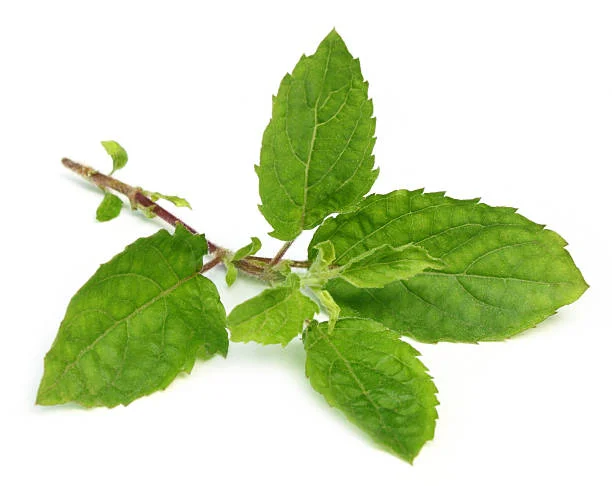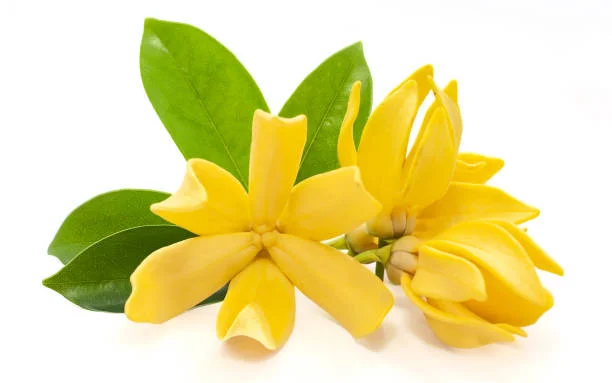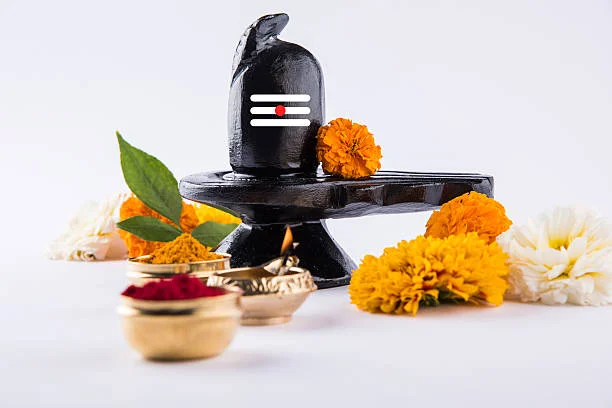Maha Shivratri, the auspicious night dedicated to Lord Shiva, holds immense significance in Hindu culture. As devotees prepare to celebrate this divine occasion, it’s essential to understand both the sacred rituals and the things to avoid during worship. In this enlightening blog, we explore the dos and don’ts of offering reverence to the Shivling, along with fascinating regional variations in how Maha Shivratri is observed across India. Join us on this spiritual journey as we delve into the heart of devotion and tradition!
Let’s look deeper into the sacred customs and traditions associated with Lord Shiva and the Shivling. Here are 15 things you should avoid offering to the Shivling during Maha Shivratri:
Coconut Water
While coconuts can be offered, coconut water should not be poured onto the Shivling. Legend has it that Lord Shiva does not appreciate this particular offering.
Black Sesame Seeds and Broken Rice
Avoid offering black sesame seeds or broken rice to the Shivling. These items are considered inauspicious during the worship of Lord Shiva.
Alcohol
Refrain from consuming alcohol during Mahashivratri. The sanctity of this occasion calls for purity and devotion, and alcohol is not conducive to that spirit.
Sindoor and Cosmetics
Do not apply sindoor or cosmetics to the Shiva Lingam. Keep the focus on simplicity and reverence during the worship.
Stale Flowers
Avoid offering stale flowers to Lord Shiva. Fresh and fragrant flowers are preferred as offerings during the puja.
Milk
While milk is commonly offered, avoid pouring excessive milk directly onto the Shivling. A few drops are sufficient.
Honey
Similarly, use honey sparingly during the ritual. Overflowing honey may not be considered auspicious.
Ghee
Although ghee is a sacred offering, moderation is key. Excessive ghee can be seen as wasteful.
Onion and Garlic
These pungent vegetables are considered tamasic and are best avoided during Shiva worship.
Non-Vegetarian Food
Refrain from offering non-vegetarian food to the Shivling. Stick to vegetarian offerings.
Iron Items
Avoid placing iron utensils or objects directly on the Shivling. It is believed to displease Lord Shiva.
Tulsi Leaves

While tulsi leaves are sacred, do not place them on the Shivling. Offer them separately.
Silver or Gold Leaves
Avoid using silver or gold leaves for decorating the Shivling. Simplicity is preferred.
Champa (Michelia champaca) Flowers

These flowers are not favored for Shiva worship. Opt for other fragrant blooms.
Curd
While curd is generally offered, do not pour it directly onto the Shivling. Instead, offer it separately.
Remember that devotion, purity, and reverence are essential during Maha Shivratri. May your worship be filled with love and devotion to Lord Shiva!
How Mahashivratri is Celebrated in Different Styles Across India?
Mahashivratri, a significant Hindu festival dedicated to Lord Shiva, is celebrated with diverse customs and fervor across various states in India. Let’s delve into the unique ways this auspicious occasion is observed:
- Madhya Pradesh
In Madhya Pradesh, Mahashivratri is celebrated with great excitement. Devotees participate in processions, visit Shiva temples, and engage in prayers and fasting.
The festival brings people together to seek blessings from Lord Shiva. The beautifully decorated temples come alive with lights and flowers.
- West Bengal
In West Bengal, devotees fast throughout the day in honor of Lord Shiva. They create and worship four Shiva lingams during the night. Cultural events, devotional music, and dance performances honor Lord Shiva, emphasizing both tradition and spirituality.
- Jammu & Kashmir
In Jammu & Kashmir, the Mahashivratri celebrations extend over 21 days or three weeks. Devotees engage in rituals, prayers, and processions to honor Lord Shiva.
The festivities create a spiritual atmosphere in the region, fostering a deep connection with the divine.
- Tamil Nadu
Tamil Nadu celebrates Mahashivratri with a unique tradition called “Girivalam” or “Giri Pradakshina.” Devotees undertake a 14-kilometer barefoot walk around the Annamalai Temple in Tiruvannamalai. This sacred circumambulation symbolizes devotion and penance. Additionally, a grand oil lamp is lit on the hilltop at sunset, adding to the festive spirit.
- Himachal Pradesh
In Himachal Pradesh, Mahashivratri is celebrated with great enthusiasm. Devotees visit ancient Shiva temples, offer prayers, and participate in cultural events.
The festival strengthens the bond between the community and Lord Shiva, reinforcing their faith and devotion.
Conclusion
Mahashivratri transcends regional boundaries, uniting devotees in their reverence for Lord Shiva. Whether through fasting, rituals, or temple visits, this festival symbolizes devotion, spirituality, and the triumph of good over evil.
Remember to immerse yourself in the vibrant celebrations and seek blessings from Lord Shiva during this auspicious time!
To Get more such updates and crucial information stay in touch with The Digital Today.


